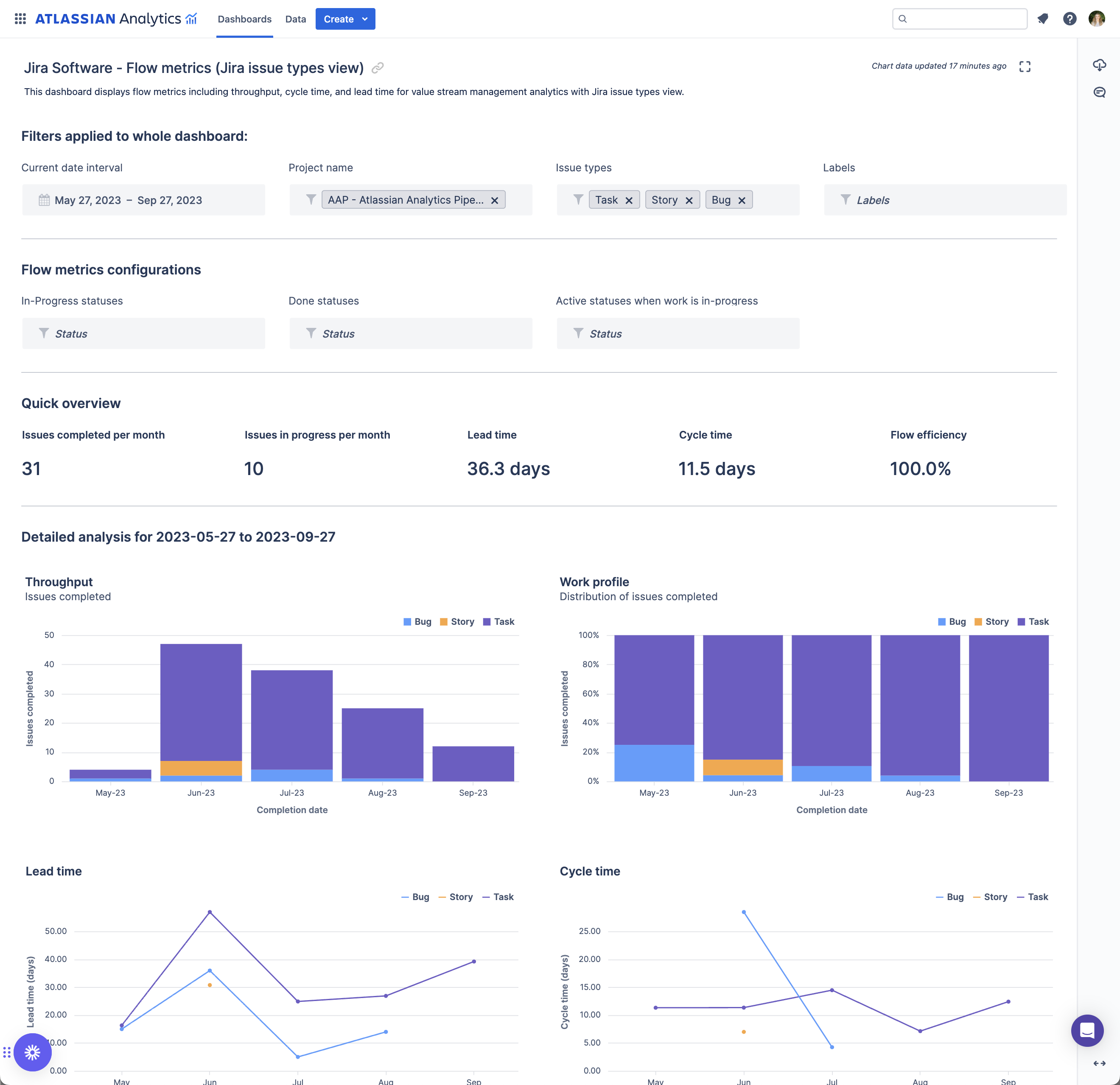Mobile apps have never been more important to your business – and they will only become more so in the future because of a couple irreversible macro trends in our world.
The COVID-19 pandemic accelerated a shift toward hybrid and remote work that was already happening organically before quarantines and lockdowns changed our lives forever. At this point, it’s hard to imagine a workforce that is not hybrid or remote, which means your workers are often accessing confidential corporate information from various touch points during the day. In fact, according to a recent survey, two-thirds of workers are using smartphones to do work and workers are using on average 2.5 devices for work.
While developers adapt to provisioning for a hybrid and remote workforce, they are facing another pressing issue: Baby Boomers are rapidly leaving the workforce – and Gen X is not far behind them. Whether or not we believe in the staying power of The Great Resignation, workers are leaving the workforce for other opportunities, often working for themselves in an economy that is suddenly favoring gig workers.
The departure of those two generations from the workforce means that businesses are rapidly becoming staffed by Gen Y and Z workers – both digital natives that have different expectations for technology than previous generations. These digital natives were raised on mobile phones, tablets, and instant gratification from technology. They bring those same expectations to the workforce, putting pressure on your IT organization to build apps that increase productivity and efficiency while also providing a user experience similar to what they have with consumer apps. For instance, for more than 90 percent of Gen Z professionals, tech innovation is a key consideration when evaluating prospective employers.
With IT, DevOps, and security teams struggling to meet the the associated demands that come digital transformation initiatives, such as the rapid pace of mobile app development and deployment, and security,, let’s take a look at the three factors holding up digital transformation and how to accelerate the process without exorbitant costs and, just as importantly, risk to the business.
Security
Mobile app security requires providing security in many different scenarios. Securing apps for multiple platforms, for both managed devices (i.e., with MDM) and unmanaged devices (i.e., without MDM) and support multiple UEMs. It is also not a one time action. Every time an app or its associated components are updated–including the OS, third-party libraries, open source software, or app security SDKs–it must be secured again. Mobile app security is a time and budget intensive process, and most organizations are looking for a more automated solution. Doing so frees up developers to focus on value added work such as innovating on app features that matter to Gen Z and Y workers.
Given the changing workforce dynamics, it’s not unrealistic to think this will be the most important factor facing developers in 2022. The mobile channel will be an increased source of significant vulnerability and emerge as the most vulnerable channel for bad actors.
One way to ensure that the appropriate security checks are consistently applied for all mobile apps that are part of a digital transformation initiative is by using a value stream management platform optimized for the needs of mobile apps. Such a platform should streamline the app deployment process and seamlessly handle post-development app modification requirements that often arise during app deployment. A common requirement is to ensure that mobile apps have app-security controls from a chosen UEM vendor and a value stream management platform should be able to solve this without needing developer assistance. The optimal way that this should be done is through app enhancement services that add app security controls, for example such as those provided by Microsoft Intune or BlackBerry Dynamics, without having to write any code. Having the ability to add app security controls through an app enhancement service means that IT or DevOps can make the necessary app modifications as part of an app deployment workflow after app development is complete.
An additional benefit of using a value stream management platform for mobile is a complete audit of the app deployment process. This is only possible because the platform is participating in all deployment actions, such as app signing, app modifications, app distribution. . Having a detailed audit trail allows companies to utilize it as evidence of compliance both for internal corporate regulations and for meeting security needs. Audit trails provide accountability by having information like historical logs of any app modification or app signing and the person involved in those actions, logs of all the activities done on the app, different historical versions of the app, and the history of all user feedback.
Speed
In a recent survey, 62 percent of companies said they sacrificed app security for speed. This is a startling statistic when you consider that in the same survey, 66 percent of companies that experienced a mobile-related compromise cited the impact as “major”. Of those respondents, 55 percent stated it had lasting repercussions, and many cited that it was expensive and time-consuming to recover. Sacrificing security for speed is not a good strategy – organizations need a solution that delivers both.
Value stream management platforms for mobile that offer app enhancement services are extremely effective at solving the speed dilemma: ensuring you are deploying mobile apps that are secure without sacrificing the rate at which apps must be deployed in order to ensure timely digital transformations. Enabling app security controls in a mobile app is a costly undertaking, one that must be incurred repeatedly. Industry stats citing five to six hours per app are fair approximations. There is the initial time investment of a developer having to learn the in-n-outs of the app security SDK that will be used to secure the app. If that developer leaves, this ramp up time has to be incurred again. Then pps must be re-secured after all future updates, including updates to the underlying OS, the third-party libraries used by those apps, or app security SDKs.
That’s why companies that develop apps, whose app developers would be responsible for constantly writing code to integrate app security SDKs into apps, search for any relief they can get from the time spent for securing tapps with every app update. It’s also why the promise of enhancement services that add app security without the need for code to be written is so attractive: it reduces hours of code development to minutes of security integration and eliminates security flaws that could be introduced through manual integration. What’s more, it eliminates the need to allocate developer resources to get the granular app-level controls that are needed for effective mobile application management.
With the right combination of value stream management and app enhancement services, you can shorten the time it takes to launch new apps and app updates, liberating developers and IT from the burden of securing mobile apps, so they can continue building apps with real value.
Orchestration
While many organizations have orchestration solutions that tame the chaos of app development, there has not been an orchestration solution focused solely on the unique requirements associated with mobile app deployment. This process starts post-development and runs through to app distribution, with myriad stakeholders and multiple steps to get each app across the finish line. It’s common for organizations to hit snags when a step is missed in the app deployment workflow.
Orchestration streamlines your mobile app deployments by coordinating the different workflow activities across people and services, automating tasks where appropriate. Typically, you will have different teams perform different activities for app deployments; one team may be responsible for signing, while others are focused on testing, compliance, security, getting the app into public app stores, etc. Orchestration enables efficient and error-free workflows that eliminate deployment delays while supporting compliance with security policies and regulations. It provides the recipe for ensuring rigor for app deployments. Orchestration is important when there are many workflows that have unique recipes or activities.
When coupled with automation, orchestration well done provides a ton of benefits to your business. It decreases your overhead – driving down costs – minimizes team friction by reducing meetings and conflicts inherent to distributed collaboration, increases productivity by eliminating repetitive tasks and freeing up developers for more strategic work and standardizes workflows and processes.
The challenges that developers, DevOps, and security teams must address as part of a digital transformation initiative are not easy ones to solve.. But, through the adoption of value stream management platforms that are focused on mobile and app enhancement services, such as those that add app security without requiring code to be written, businesses can lessen them. Doing so will make your digital native workforce happy and increase its productivity. It will also refocus your IT and DevOps teams, enabling them to more quickly address any bugs and tightening the perimeter to consistently secure it from bad actors.








